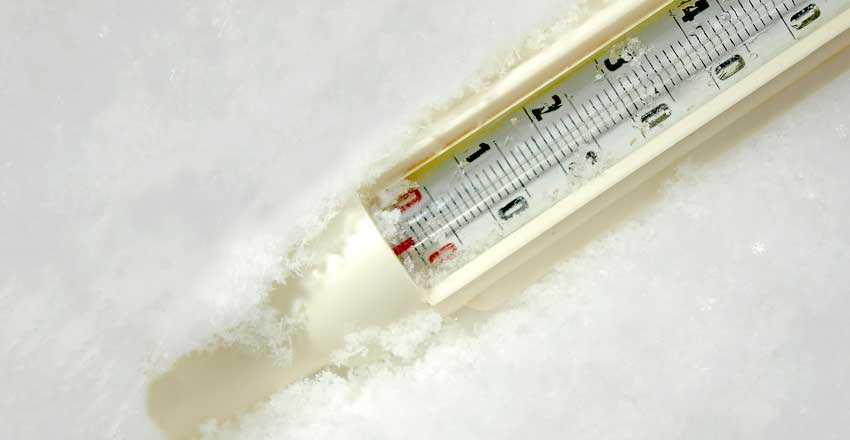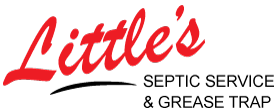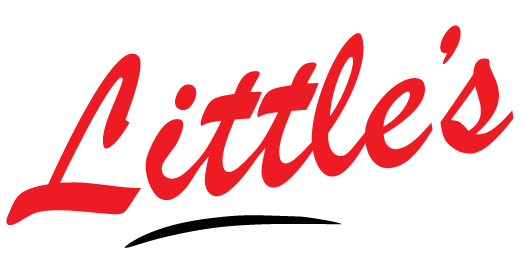
They say one can experience every season of the year in a span of a week in the Ohio Valley. The sticking point of this for owners of septic systems is that changes in temperature and weather may also have an impact on your system.
First of all, how cold it is outside affects how the bacteria in your septic tank operate. That’s right – as has become a common theme in this blog, there are bacteria that help break down the waste your system processes.
The problem is those bacteria thrive in the summer but, like us, slow down as temperatures plunge. That means it’s a good idea to have your system serviced in the fall because waste will not be broken down as quickly in the late fall, winter and early spring.
It’s also worth pointing out that there for many is a larger volume of waste around the holidays due to parties, house guests and the nature of food most people eat around that time of year, which could compound these problems.
Winter weather also means freezing pipes, which can cause problems in your system or, if you’re less lucky, also your house.
It’s recommended not to use antifreeze or related products in your septic system because those, like most chemicals, will interfere with the bacteria down there – those that survive the winter to begin with. One positive preventative measure is to seed your system with bacteria that function well in cooler temperatures, or have insulation installed in your tank that can keep it warm enough for your bacteria to keep doing their thing.
Another aspect to the changing weather of this time of year is increased precipitation, be it of the wet or frozen variety. Heavy periods of rain (or melted snow and ice) can easily saturate your drainfield, which can cause your system to back up even if the tank is not full because the extra stormwater has nowhere to go.
Obviously there is nothing you can do about the amount of rainfall or melted snow that comes from the sky. But the best way to make sure your drainfield functions properly is to avoid using heavy vehicles or machinery over top of or near it, so it’s important you know where that is in your yards and locate it if you don’t know. Damaging your drainfield can cause an untold number of problems down the road – most of which involve untreated sewage being somewhere you don’t want it to be.
What you can do is enlist Little’s Septic. We can service your system as well as make recommendations for tools and tactics to help make sure it functions to its capability and capacity, even in cold weather.

